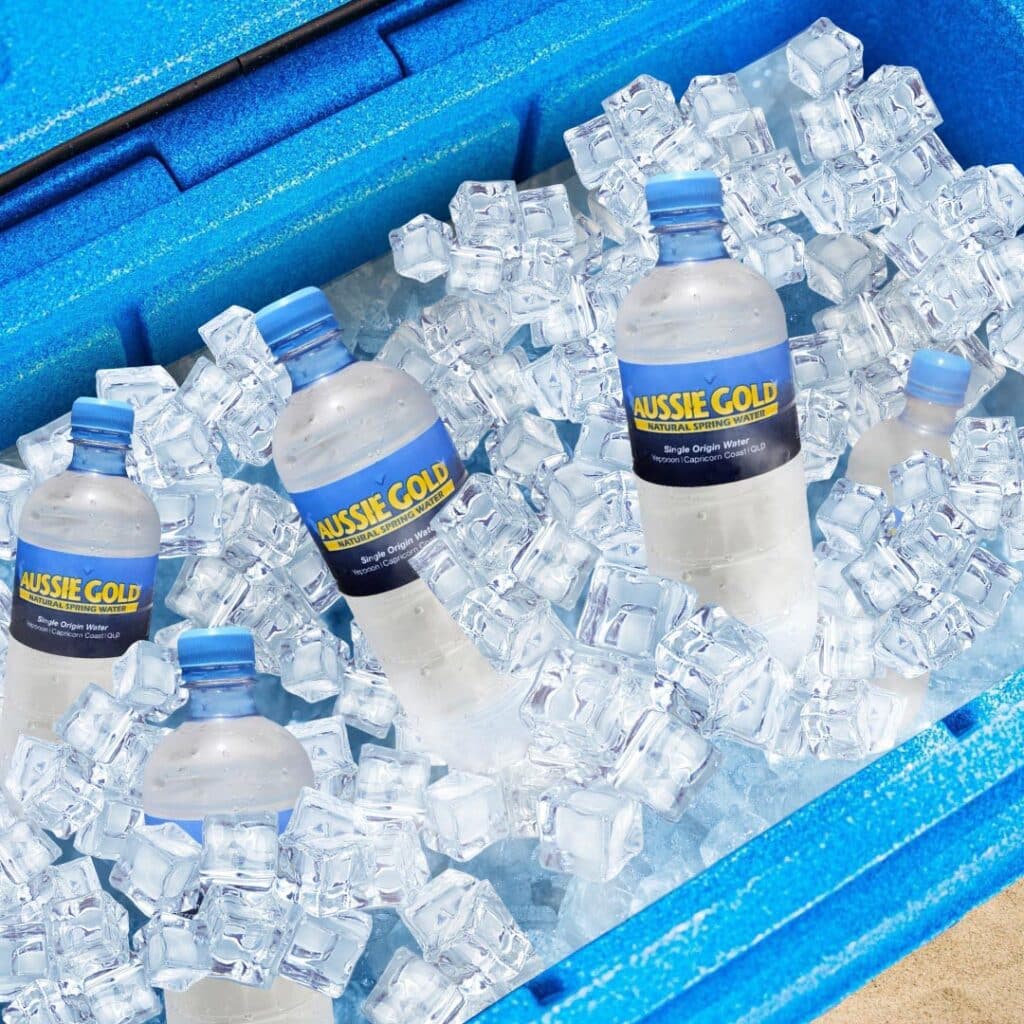In today’s health-conscious world, many of us pay close attention to what we eat and drink, ensuring that everything we consume meets the highest standards of quality and safety. Bottled spring water is no exception. We trust that it is free from contaminants and safe for our families. But have you ever considered the meticulous processes that ensure its purity? In this blog post, we’ll explore how spring water is tested, shedding light on the unseen efforts that ensure every drop is pure.











